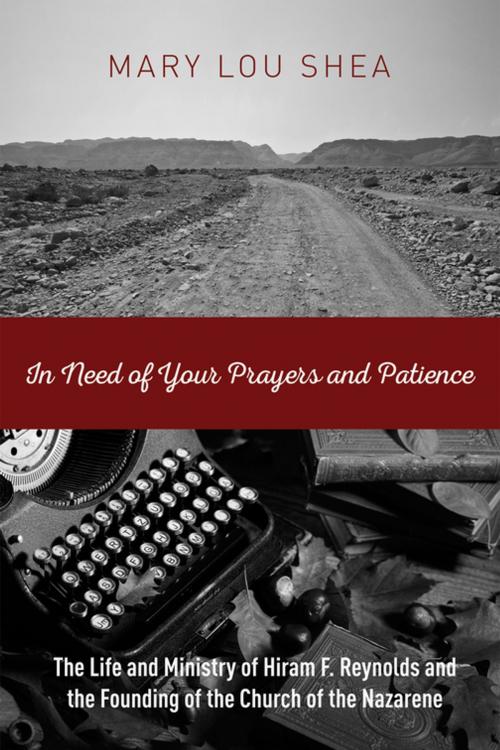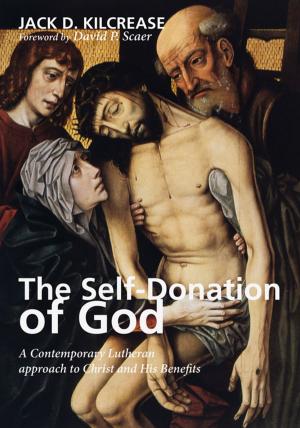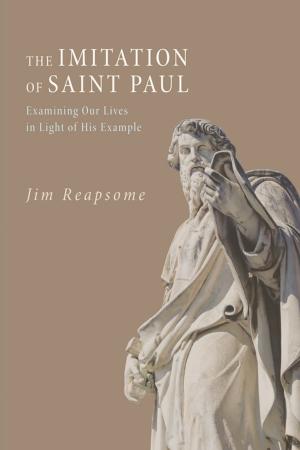In Need of Your Prayers and Patience
The Life and Ministry of Hiram F. Reynolds and the Founding of the Church of the Nazarene
Nonfiction, Religion & Spirituality| Author: | Mary Lou Shea | ISBN: | 9781498223874 |
| Publisher: | Wipf and Stock Publishers | Publication: | July 14, 2015 |
| Imprint: | Resource Publications | Language: | English |
| Author: | Mary Lou Shea |
| ISBN: | 9781498223874 |
| Publisher: | Wipf and Stock Publishers |
| Publication: | July 14, 2015 |
| Imprint: | Resource Publications |
| Language: | English |
The Church of the Nazarene embraces American attachments to democratic rule, individual initiative, efficiency, and a strong sense of responsibility as "a city on a hill." It is also present in more than 150 world areas. These attributes are reflected in the astounding story of one of the founders of the denomination, H. F. Reynolds, who has been long hidden in the shadow of his early colleague, Phineas Bresee. While the church points to Bresee as its founding father, Reynolds lived and served for an additional two decades following Bresee's death, shaping the role of the General Superintendency, clarifying and expanding the church's Manual to meet the needs of the growing denomination, and establishing mission policies and practices that took it from a US church to a global presence. Reynolds maintained a lively devotion to Christ as he survived train wrecks, war, dread disease, and the sheer volume of meetings, correspondence, and explosive scandal that came with the nurturing of a new church. His vision and methods have profoundly influenced a denomination that does not know his name. This volume is designed to make the introduction.
The Church of the Nazarene embraces American attachments to democratic rule, individual initiative, efficiency, and a strong sense of responsibility as "a city on a hill." It is also present in more than 150 world areas. These attributes are reflected in the astounding story of one of the founders of the denomination, H. F. Reynolds, who has been long hidden in the shadow of his early colleague, Phineas Bresee. While the church points to Bresee as its founding father, Reynolds lived and served for an additional two decades following Bresee's death, shaping the role of the General Superintendency, clarifying and expanding the church's Manual to meet the needs of the growing denomination, and establishing mission policies and practices that took it from a US church to a global presence. Reynolds maintained a lively devotion to Christ as he survived train wrecks, war, dread disease, and the sheer volume of meetings, correspondence, and explosive scandal that came with the nurturing of a new church. His vision and methods have profoundly influenced a denomination that does not know his name. This volume is designed to make the introduction.















